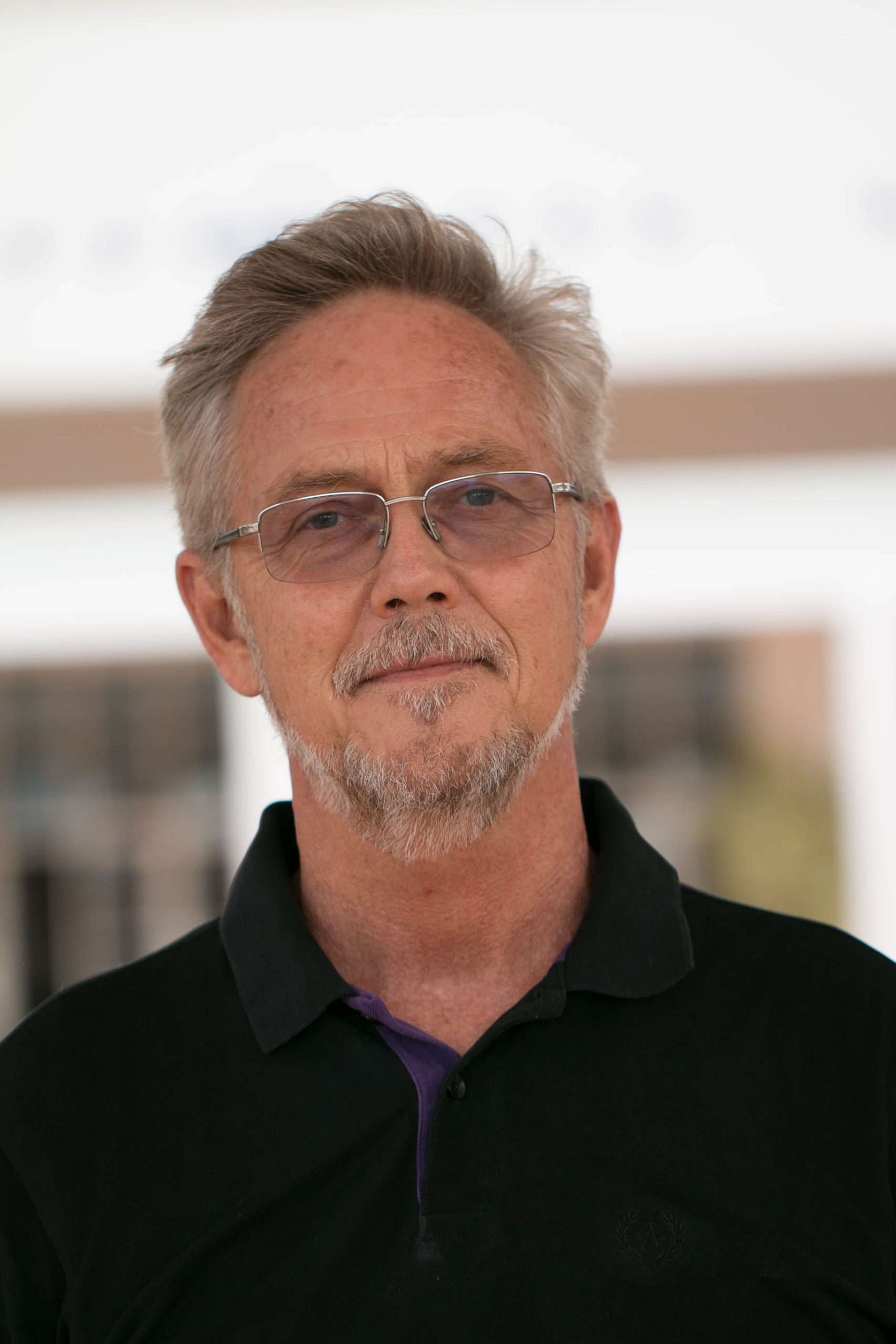 by Snorre Westgaard
by Snorre Westgaard
Humana People to People has played a vital role in the fight against TB over the last few decades. With grants from Governments and international partners complemented with funding from members of Humana People to People, we have made good strides. The thousands of passionate people on the ground can rightly feel proud of the unwavering and often selfless personal contribution. But unfortunately, the fight is not over. Over the last few years, virulent new drug-resistant strains have emerged, and cases have now risen for the second year in a row. As we recognise this year’s World TB Day on 24th March, we must use the occasion to become more committed than ever to ending this terrible disease.
But how do we do so?
We know that the best way for the world to eradicate TB is to find ways to reach the communities that suffer the most from this disease, which is where Humana People to People’s long-standing experience becomes vital.
Thanks to our knowledge of working with low and middle-income communities, often in hard-to-reach areas, our teams of field workers remain best-placed to lead the charge against this surge in cases.
Humana People to People’s community-based health workers and TB field officers play a vital role locally in identifying people with TB, encouraging the take up of diagnostic testing, helping vulnerable patients to complete their treatment, and educating and gaining the support of the wider community.
Through schools-based and community-based mobilization and awareness programmes, communities in remote and unconnected regions are empowered with the knowledge and understanding to protect themselves and to pass on that information to others.
All this hard work does of course have a project name: “Total Control of the Epidemic”.
It is a name that sets the highest of bars for ourselves. Total control. But we must achieve this and never lose sight of the magnitude and importance of our mission. We cannot rest until TB really has been totally controlled, a goal the international community has set to be completed by 2030.
But by 2025 – five years ahead of that goal – we will have already reached more than six million people in areas affected by TB, including these hard-to-reach communities. This is across countries including Angola, the Democratic Republic of Congo, Guinea Bissau India, Malawi, Mozambique, Namibia, South Africa, Zambia, Zimbabwe, and Laos.
However, being able to reach so many people in so many countries is only one part of the story. With TB rising, we have to continue to be strategic and respond to the new challenges it presents us with, as it evolves new strains. One way we are doing so is by engaging former TB patients and their families to help reach others in our communities to support the work of our field officers.
This is the key to success, as it dispels myths and gains trust, accelerates information dissemination, increases acceptance of community TB programmes and increases treatment adherence. This meaningful participation is vital and allows us to make progress towards the UN’s ambitions to close the gaps on tuberculosis prevention, diagnosis, treatment and care. Our door to door and person-to-person approach has proven its impact. It is successful because it is community-led, where local people are engaged and empowered to take action.
The theme of this year’s World TB Day is ‘Yes! We can end TB’. Humana People to People truly does see the end in sight. But to fully do so and permanently end this health disaster, we recognise that TB control efforts need more funding. Also, more hands are needed with civil society organizations (CSOs) and community-based organizations (CBOs) to join the efforts, where the latter will be provided with orientation, hand-holding support and knowledge upgrades to be effective within their communities.
The next few years will be critical, and we cannot afford to lose any momentum. With the support of these partners and the communities we serve, the dedication, courage, innovation, and experience of all within Humana People to People will prevail.
